With the proliferation of smartphones and the abundance of mobile applications flooding the market, industries worldwide are embracing mobile app development trends to provide their services. The healthcare industry, too, has witnessed remarkable growth, surpassing its position from a decade ago. This progress can be attributed to the proactive approach to developing healthcare apps, enabling patients to access healthcare services conveniently.
Nevertheless, achieving this feat is more complex than a mere flick of the wrist. As a healthcare organization venturing into the mHealth service market, keeping up with healthcare app development trends is crucial. By doing so, you can position your app concept for success. We have outlined these trends to ensure your app aligns with the current industry landscape. But before that, let us look at the current market of healthcare apps.
Market Overview of Healthcare App
An analysis of the healthcare app development market reveals a significant presence of mHealth applications across various app stores, with a total of 350,000 applications reported. Statista’s findings indicate that the Google Play Store hosts approximately 54,546 healthcare and medical apps, while the Apple App Store offers around 41,517 healthcare and medical apps.
Furthermore, the report highlights that these 350,000 mHealth applications encompass various categories, such as medical, fitness, and health apps. It is worth noting that the healthcare industry’s market is predicted to demonstrate continuous growth in the coming years. According to the top healthcare app development company in Brisbane, the mHealth market reached a valuation of USD 63.88 billion in 2022 and is anticipated to expand to USD 243.57 billion by 2030, with a Compound Annual Growth Rate (CAGR) of 18.2% during the period from 2022 to 2030.
Top Healthcare App Development Trends
1. Telemedicine
Telemedicine has brought about a revolutionary transformation in the healthcare industry, bridging the gap between patients and their doctors/caregivers. Its continuous adoption by healthcare app developers and growth make it a significant industry trend in 2023, profoundly impacting home health care.
The implementation of this trend aims to provide real-time access between patients and doctors, emphasizing preventive measures before a medical emergency arises. According to telehealth trends, this facility has proven to reduce overall hospital costs, leading to an influx of new participants in the economy.
2. Digital Prescription and Health Records
Digital health is increasingly significant in our daily lives, making it a noteworthy trend in mobile healthcare apps for 2023. It has emerged as one of the top technological trends in healthcare, offering immense benefits. Additionally, it aids in creating digital health records for patients, thereby improving patient care and reducing errors associated with incorrect medication interpretation.
This year will witness a surge in the use of digital prescriptions, driven by the desire to reduce paperwork and ensure long-term storage. The global digital health industry was valued at $96.5 billion in 2020 and is projected to grow at a Compound Annual Growth Rate (CAGR) of 15.1% by 2028.
3. Wearable-Generated Patient Health Data
Nowadays, standard healthcare and fitness tracking apps gather regular updates from connected wearables to create personalized dashboards and customized healthcare, fitness, diet, and workout plans.
Investing in developing wearable healthcare apps that incorporate data personalization features is highly advantageous, particularly in the post-COVID-19 era. As reported by Gartner, During this period, there has been a significant surge in spending on wearables, with a global expenditure of USD 81.5 billion in 2021.
4. Digital Therapeutics
Digital therapeutics are gaining popularity as healthcare systems transform continuously and technology progresses. Often incorporating advanced technologies like artificial intelligence and machine learning, these applications offer personalized health advice, interventions, and treatments tailored to individuals.
The development of digital therapeutics is projected to experience substantial growth in the coming years as more healthcare systems embrace these technologies. By harnessing innovative healthcare app development services, healthcare systems can enhance patient care management and ultimately improve patient outcomes.
5. Personalized Medicine and Genomics
Advancements in modern technologies such as genomics, digital twins, and artificial intelligence have enabled healthcare providers to adopt a more personalized approach. This approach involves tailoring treatments to individuals, considering their unique characteristics and needs.
The application of personalized medicine and genomics leads to the development of safer treatments for chronic conditions such as heart disease prevention, arthritis, cancer, and Alzheimer’s disease. Healthcare professionals can deliver more precise and effective patient care by leveraging individual genetic information and other personalized factors.
Conclusion
The healthcare industry is poised for transformation by adopting future technologies facilitated by healthcare app development companies. These emerging trends in healthcare app development for 2023 are expected to drive growth and innovation amidst the ever-evolving technological landscape. By hiring a healthcare mobile app development company in Brisbane, Australia, and embracing these trends, healthcare organizations can position themselves for a competitive advantage in the market.
Frequently Asked Questions (FAQs)
Q1. What are the steps involved in the healthcare app development?
The healthcare mobile app development in Brisbane, Australia, requires designing, creating, and implementing mobile applications or software solutions specifically tailored for the healthcare industry.
Q2. What are the essential features to take into account during the development of a healthcare app?
The critical features of a healthcare app encompass secure storage, intuitive user interfaces, electronic health records (EHR) systems, appointment scheduling and reminders, telemedicine capabilities, medication reminders, health tracking capabilities, and personalized recommendations.
Q3. How much does it cost to develop a healthcare app?
The essential cost of healthcare app development with assistance from the best app developers in Brisbane ranges from $50,000 – $100,000.

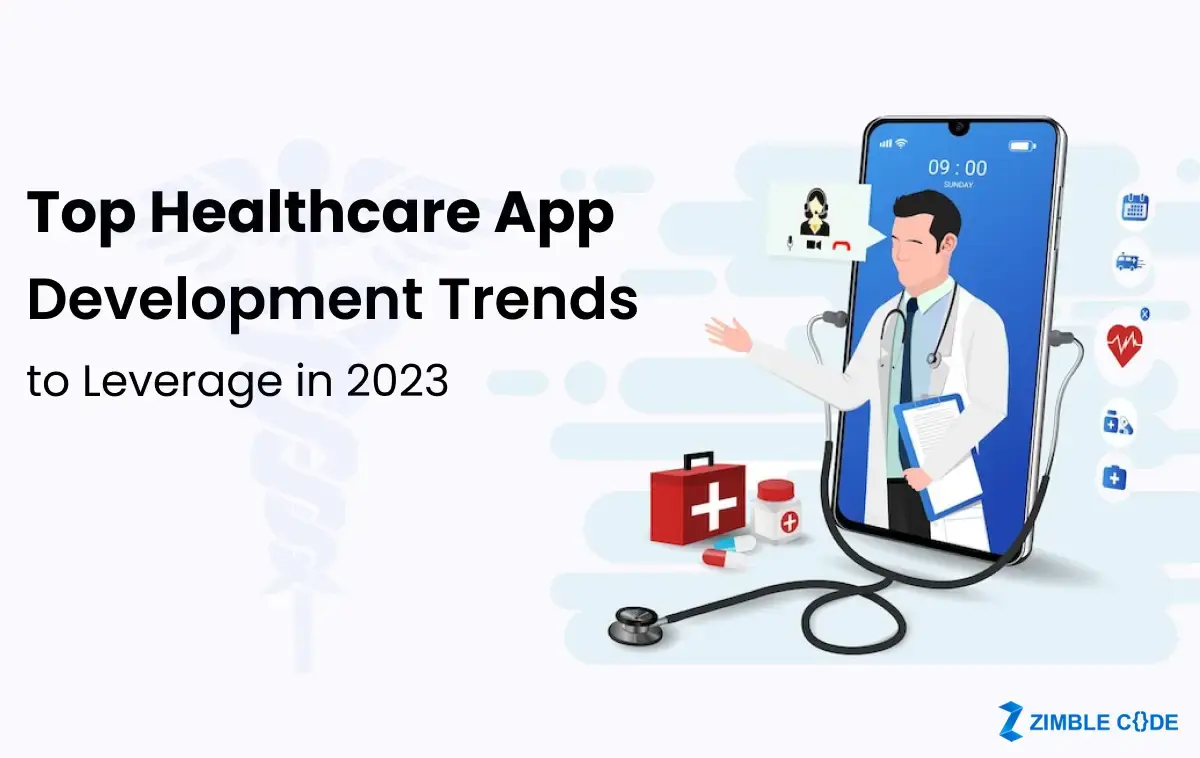
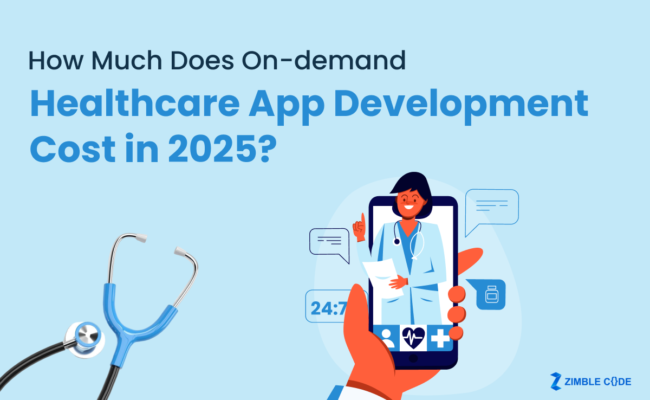
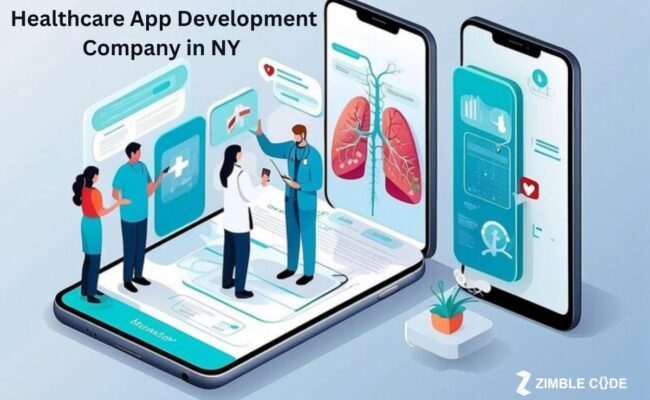
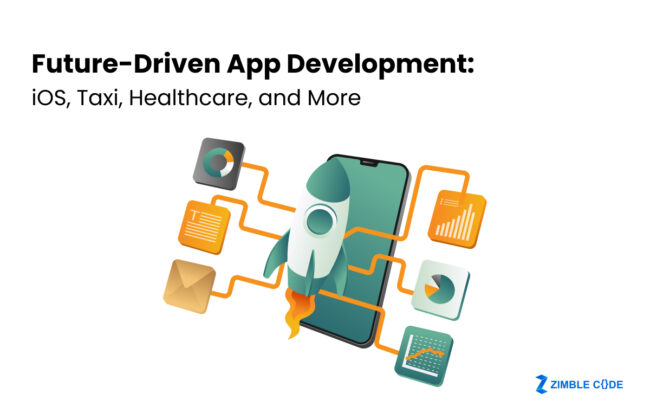
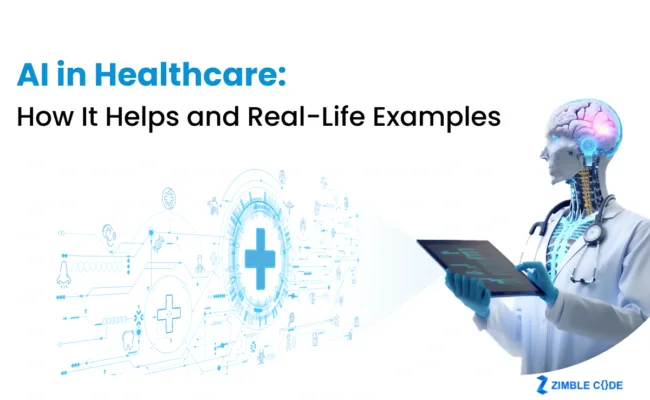
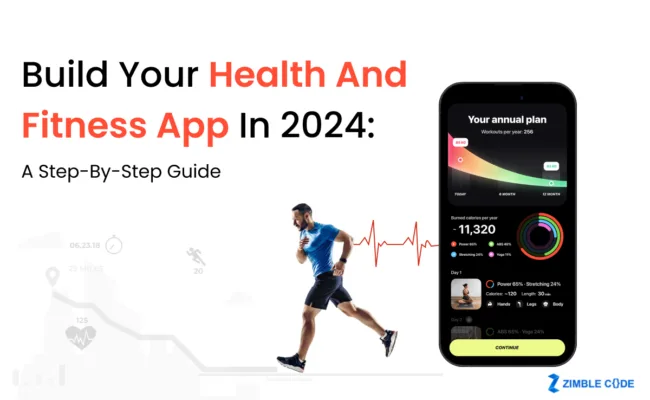

Leave A Comment